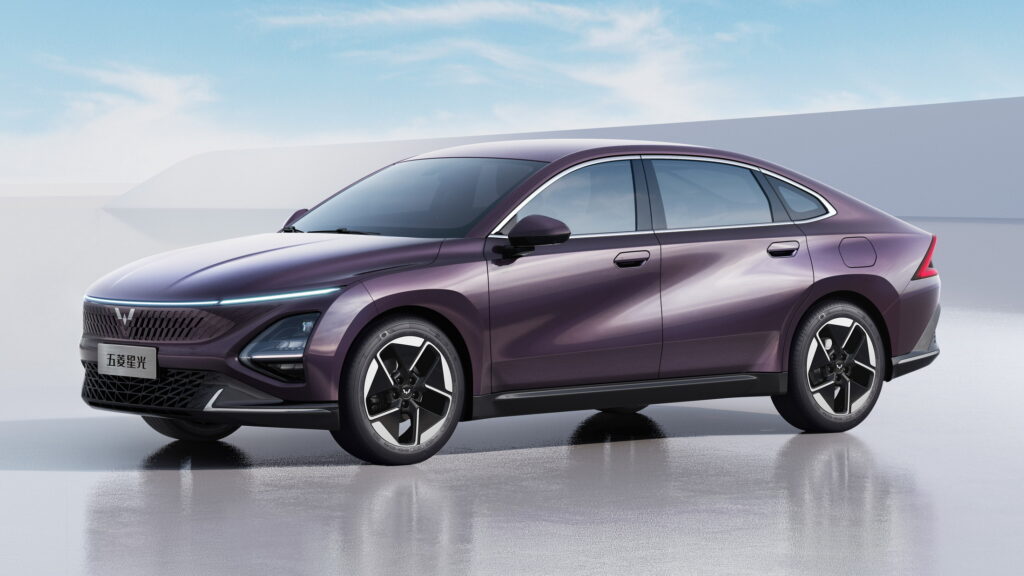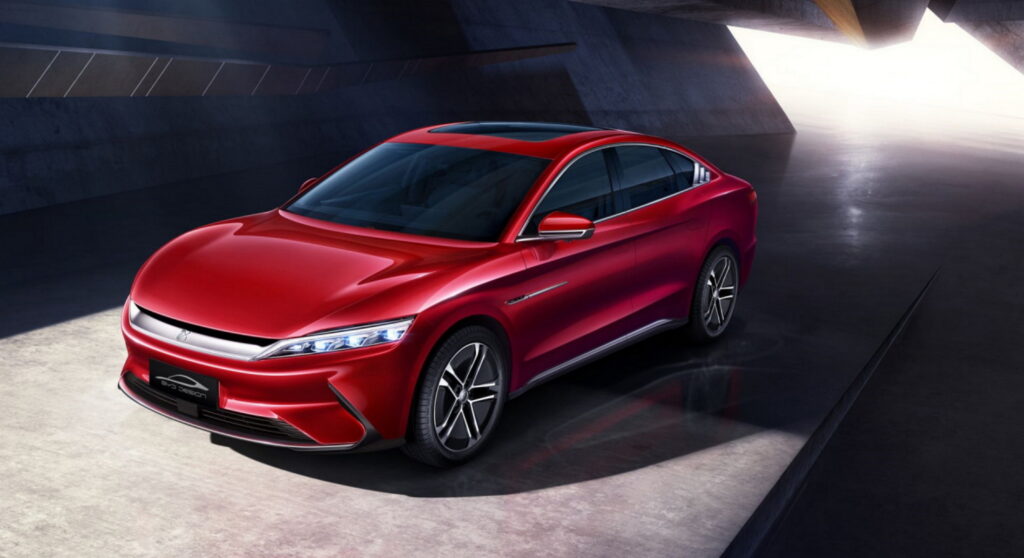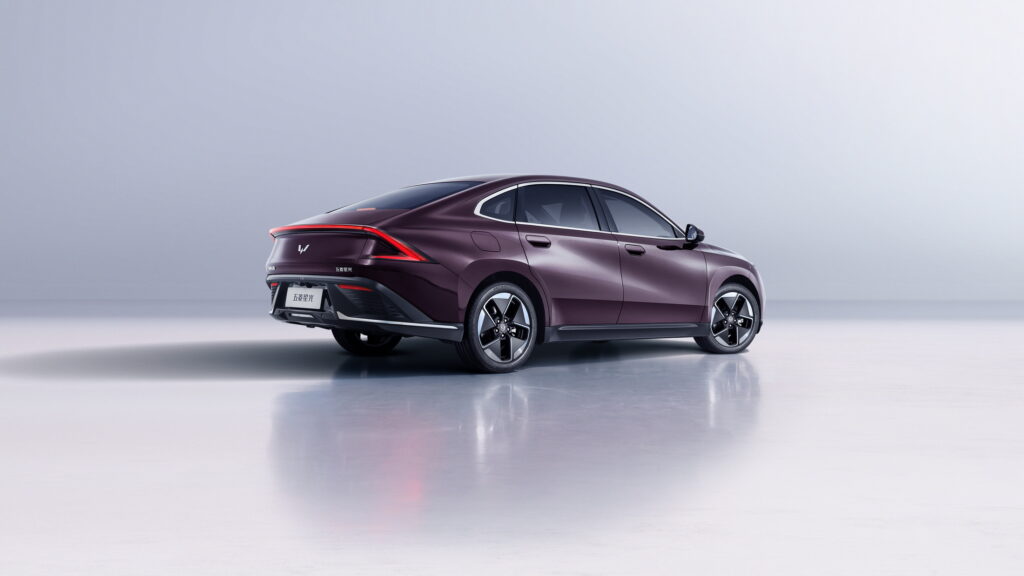Chinese automakers are pricing their PHEVs under 100,000 yuan, a psychologically important price threshold
February 21, 2024 at 09:33
 –>
–> 
–>
A price war that started last year has been raging in the Chinese market, and it has reached a critical threshold. Automakers are now producing plug-in hybrid vehicles with prices that start lower than some of the most affordable internal combustion-only vehicles.
In all, four automakers have started selling vehicles for less than 100,000 yuan (around $13,900 at current exchange rates), a psychologically important price barrier for consumers. They are SAIC-GM-Wuling, a three-way joint venture with America’s General Motors, Changan, Neta, and BYD, which is expected to become the world’s largest EV manufacturer this year.
That last company was the first to cross the 100,000 yuan threshold with the Qin Plus DM-i, a plug-in hybrid sedan. The South China Morning Post reports that its price was lowered by 20 percent last week, and it now starts at 79,800 yuan (around $11,100).
advertisement scroll to continue
Read: Will Luxury Cars Save GM’s Shrinking Empire In China?

It was quickly followed by SAIC-GM-Wuling, which cut the price of the Xing Guang hybrid sedan to 99,800 yuan (around $13,900); Changan, whose Qiyuan Q05 PHEV SUV has had its price dropped to 73,900 yuan (around $10,300); and Hozon, which has dropped the price of its Neta X SUV so that it now starts at 99,800 yuan (around $13,900).
These reductions help price these plug-in hybrids competitively against less complex internal combustion vehicles. For instance, the Toyota Corolla starts at 122,800 yuan (around $17,000) and the Volkswagen Lavida, a Jetta-sized sedan, starts at 94,000 yuan (around $13,000) in China.
Experts predict that 2024 will be a “critical” year for the electrified vehicle segment. According to Zhao Zhen, the sales director at a Shanghai dealership, the moves are likely to work.
“Lower battery costs have enabled electric carmakers to adopt pricing strategies that enable them to compete with petrol car manufacturers,” Zhao said. “Since more Chinese motorists now prefer electric cars to conventional petrol-powered vehicles, BYD and its EV counterparts will gain the upper hand […] with price cuts.”



